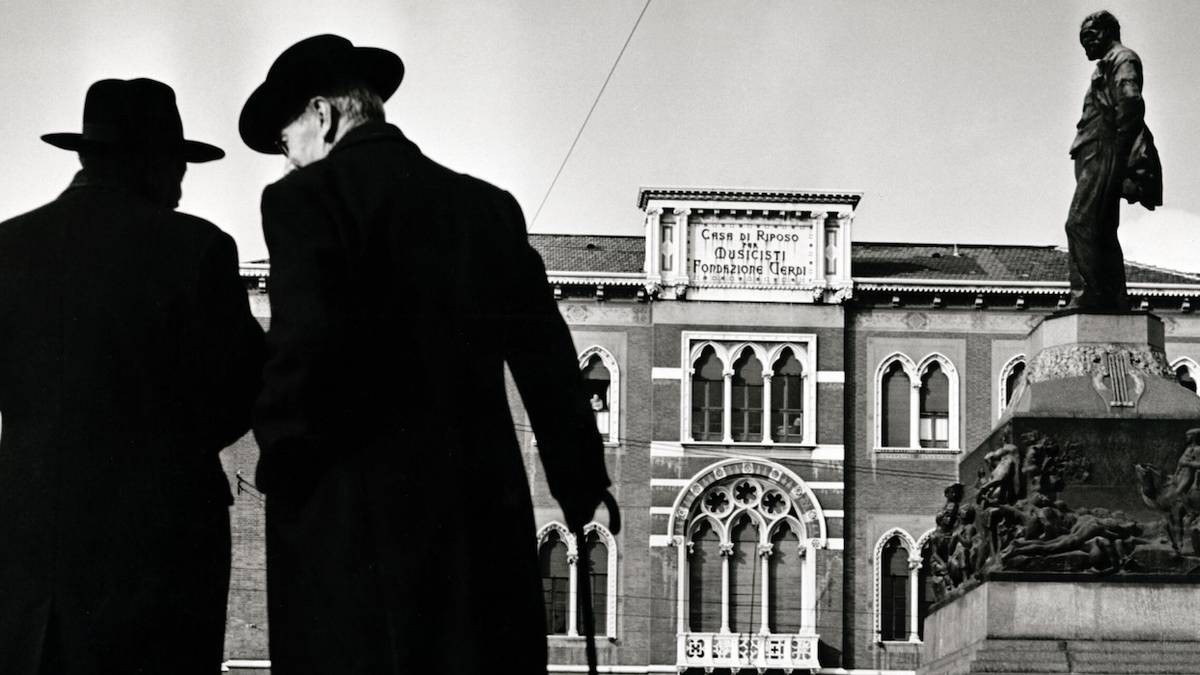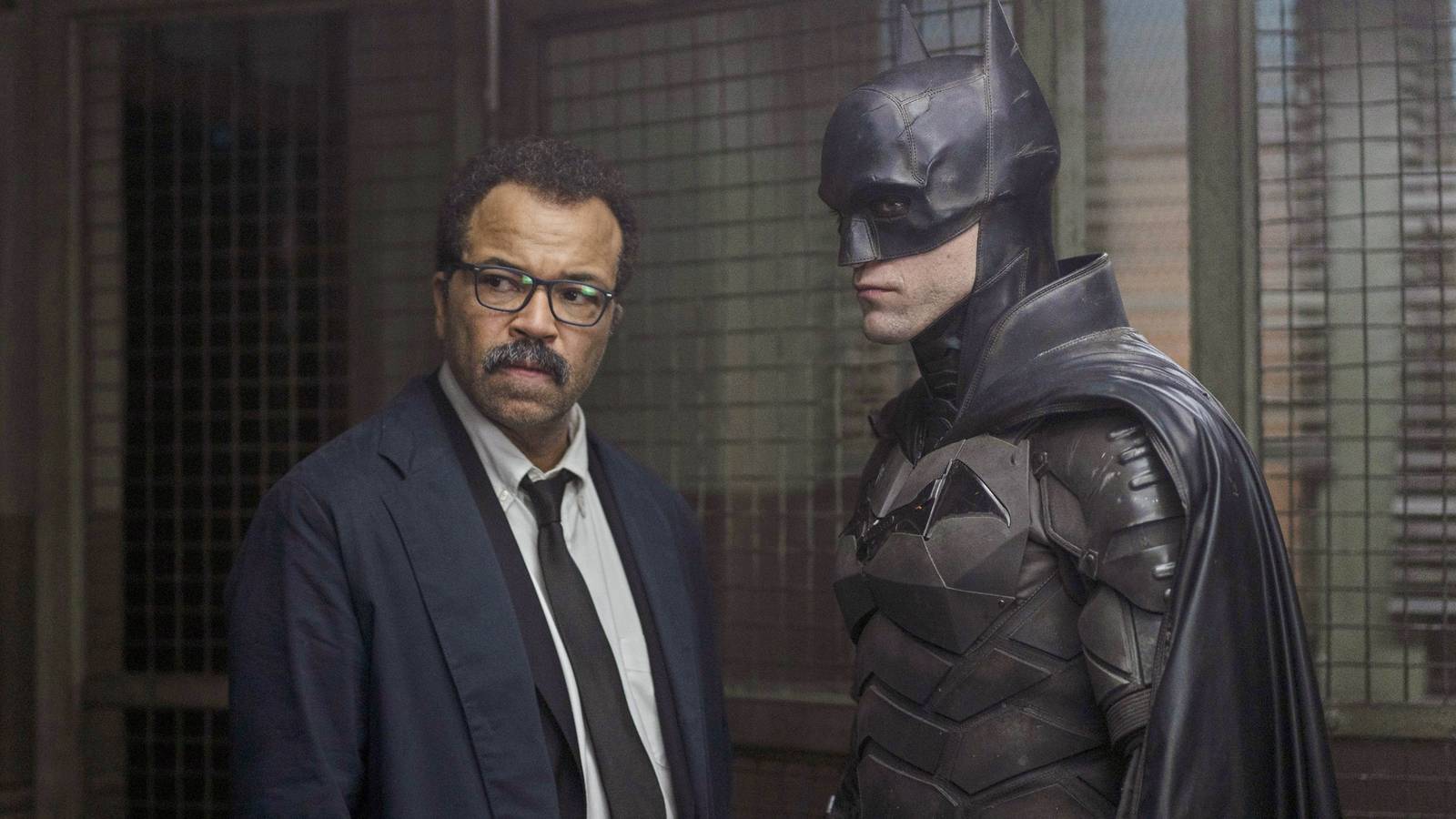Trump's 'War Trumpets' Fuel Fears of US Military Action in Nigeria, Spark Global Outrage

United States President Donald Trump's recent designation of Nigeria as a "Country of Particular Concern" (CPC) due to alleged "Christian genocide" has ignited a significant international and domestic debate, coupled with ominous threats of military intervention and aid withdrawal. Trump's posts on Truth Social warned that if the Nigerian government "continues to allow the killing of Christians," the U.S.A. would "immediately stop all aid and assistance to Nigeria, and may very well go into that now disgraced country, ‘guns-a-blazing,’ to completely wipe out the Islamic Terrorists killing Christians." He explicitly instructed the Department of War to prepare for possible rapid and decisive military action.
This aggressive stance has drawn immediate and varied reactions globally and within Nigeria. The African Union (AU) Commission expressed concern, emphasizing the need for the U.S. to respect Nigeria’s sovereignty, engage in diplomatic dialogue, and prioritize intelligence-sharing and capacity-building initiatives over unilateral military threats. Russia also stated it was closely monitoring the situation, urging all parties to comply with international legal norms. China, as Nigeria’s strategic partner, firmly opposed any country using religion and human rights as an excuse to interfere in internal affairs or threaten with sanctions and force.
Nigerian President Bola Tinubu has intensified efforts to rally international support against terrorism and violent extremism, reaffirming Nigeria as a reliable partner. While welcoming international support and intelligence sharing, Tinubu, along with the Economic Community of West African States (ECOWAS), has dismissed the allegations of "Christian genocide" as an oversimplification, denouncing any moves that would impinge on Nigeria's sovereignty. President Tinubu has met with religious and traditional leaders, including the Sultan of Sokoto and the Catholic Archbishop of Abuja, as part of wide consultations.
However, within Nigeria, opinions are divided. The President of the Pentecostal Fellowship of Nigeria (PFN), Bishop Francis Wale Oke, insisted that there was undeniable "Christian genocide" occurring, citing numerous attacks in various states and high-profile abductions like Leah Sharibu and the Chibok girls. He urged President Tinubu to cooperate with Trump in tackling these killings, while also expressing appreciation for Trump's concern but advising against an invasion. Similarly, Apostle Johnson Suleman of Omega Fire Ministries asserted that he had consistently spoken out against the killings since 2014 and rejected any comparisons that might dilute the focus on Christian victims.
Conversely, many Nigerian voices, including Governor Chukwuma Soludo of Anambra State, public policy analysts, and media commentators, strongly contested the "Christian genocide" narrative. Governor Soludo argued that Nigeria's security challenges are far more complex than a simple Christian-versus-Muslim conflict, noting that in the predominantly Christian South-East, "Christians are killing Christians." He dismissed the idea of a U.S. invasion as absurd, likening it to African nations threatening to invade the U.S. over racial violence.
Think tank groups like the Independent Media and Policy Initiative (IMPI) faulted Trump's claims, asserting they were based on "jaundiced, obtrusive data" manipulated by groups with ulterior motives. They highlighted significant discrepancies between figures provided by NGOs like Intersociety and Open Doors, which reported thousands of Christian deaths, and the Global Terrorism Index (GTI), which recorded significantly lower terrorism-related fatalities for Nigeria. IMPI argued that while any loss of life is tragic, the GTI data did not support claims of genocide. Veteran journalist Dele Momodu also urged Tinubu to mobilize Nigerians with international credibility, including figures like former President Olusegun Obasanjo, to engage directly with Trump and present a more nuanced picture of the situation.
Analysts like Okey Ikechukwu and Femi Akintunde-Johnson further dissected the complexity of Nigeria's insecurity, identifying at least five dimensions: terrorism (Boko Haram, ISWAP), insurgency, banditry and kidnapping, farmer-herder clashes, and communal conflicts. They stressed that these issues are often rooted in land disputes, ethnic rivalry, criminal activities, political maneuvering, and poverty, rather than purely religious motives. They argued that a blanket military intervention would not address these multifaceted problems, particularly the land and grazing rights disputes in the Middle Belt, which are distinct from the goals of groups like Boko Haram.
The criticism also extended to the Nigerian government's handling of the crisis, with accusations of complacency and a failure of governance on an epic scale. However, analysts maintained that the government is not complicit in targeting Christians but has struggled with effective enforcement and justice. Calls were made for accelerated local government reforms, state and community policing, job creation to deter youth from criminal recruitment, and greater accountability for security funds. Experts emphasized that effective intelligence gathering and a robust justice system are crucial to institutionalize justice and eradicate impunity.
From a military perspective, the Nigerian Army Chief, Lieutenant General Waidi Shaibu, has charged troops of Operation Hadin Kai in the North-East to prepare for a major and decisive offensive against Boko Haram and ISWAP, signaling a renewed commitment to ending terrorism. However, Nigerian officials like Daniel Bwala, special adviser to Tinubu, have clearly stated, "we do not need American boots on Nigerian soil." While acknowledging the overwhelming military superiority of the United States, Kingsley Dike, a retired intelligence analyst, argued that Nigeria's response should prioritize diplomacy and a demonstrated commitment to addressing insecurity through force projection against militants, border sealing, and internal reforms rather than saber-rattling.
Amidst this backdrop, Trump's broader actions on immigration and human rights have also been noted, including the revocation of 80,000 visas since January 2025 and his decision to skip the G20 summit in South Africa due to alleged "white genocide"—claims that have been widely discredited. Protests by the Islamic Movement in Nigeria (IMN), popularly known as Shi'ites, in Kano against US military plans underscored the rejection of Trump's narrative and fears of external interference targeting Nigeria's resources.
Ultimately, the consensus among many Nigerian and international observers is that while Nigeria faces severe security challenges that demand urgent attention, Trump's approach risks oversimplifying complex issues, undermining Nigeria's sovereignty, and potentially exacerbating instability. The preferred path remains diplomatic engagement, strategic cooperation, and internal reforms to strengthen Nigeria's capacity to protect all its citizens.
You may also like...
Explosive Racism Claims Rock Football: Ex-Napoli Chief Slams Osimhen's Allegations

Former Napoli sporting director Mauro Meluso has vehemently denied racism accusations made by Victor Osimhen, who claime...
Chelsea Forges Groundbreaking AI Partnership: IFS Becomes Shirt Sponsor!

Chelsea Football Club has secured Artificial Intelligence firm IFS as its new front-of-shirt sponsor for the remainder o...
Oscar Shockwave: Underseen Documentary Stuns With 'Baffling' Nomination!

This year's Academy Awards saw an unexpected turn with the documentary <i>Viva Verdi!</i> receiving a nomination for Bes...
The Batman Sequel Awakens: Robert Pattinson's Long-Awaited Return is On!

Robert Pattinson's take on Batman continues to captivate audiences, building on a rich history of portrayals. After the ...
From Asphalt to Anthems: Atlus's Unlikely Journey to Music Stardom, Inspiring Millions

Singer-songwriter Atlus has swiftly risen from driving semi-trucks to becoming a signed artist with a Platinum single. H...
Heartbreak & Healing: Lil Jon's Emotional Farewell to Son Nathan Shakes the Music World

Crunk music icon Lil Jon is grieving the profound loss of his 27-year-old son, Nathan Smith, known professionally as DJ ...
Directors Vow Bolder, Bigger 'KPop Demon Hunters' Netflix Sequel

Directors Maggie Kang and Chris Appelhans discuss the phenomenal success of Netflix's "KPop Demon Hunters," including it...
From Addiction to Astonishing Health: Couple Sheds 40 Stone After Extreme Diet Change!

South African couple Dawid and Rose-Mari Lombard have achieved a remarkable combined weight loss of 40 stone, transformi...